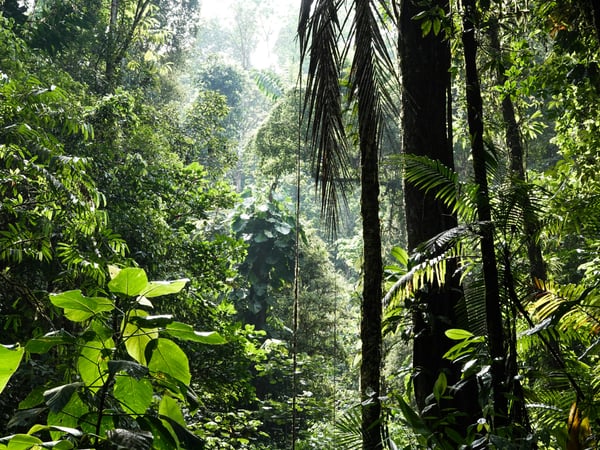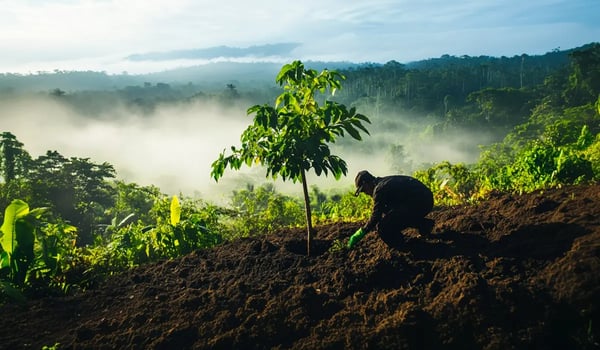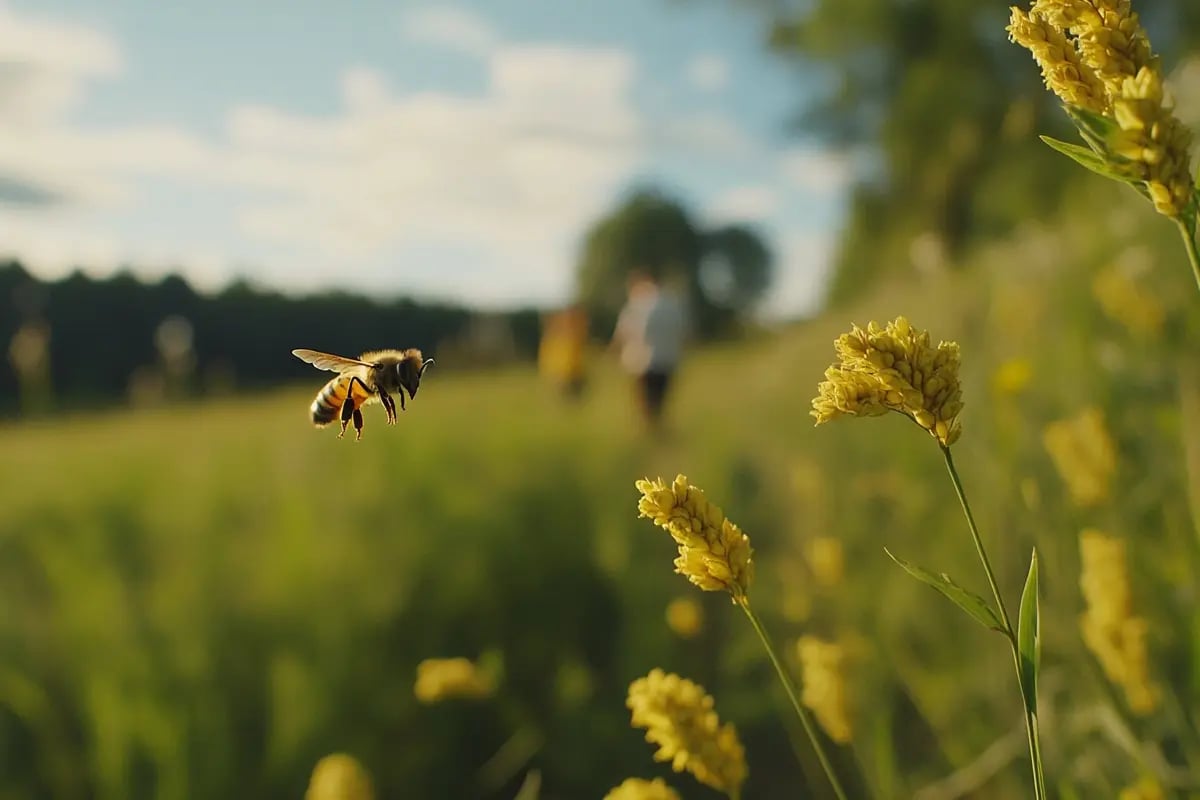Brazil is stepping up its land restoration efforts with a new $3 billion (BRL 16.5 billion)...

Brazil’s $3B Funding Push Spurs Bank Interest in Regenerative Agriculture
1

Dutch Government Commits $726M into Aramis CCS to Keep Carbon Plans Alive
The Netherlands has stepped in with a major investment to safeguard its flagship carbon capture and...
2

Urgent Call for Incentives to Foster Sustainable Forest Management and Recycling
There's a pressing need for measures that promote sustainable management of forests and recycling...
1

Amazon revival: Brazil backs major forest restoration and carbon offset push
A major environmental initiative is underway in Brazil, as Petrobras and the country’s National...
1



